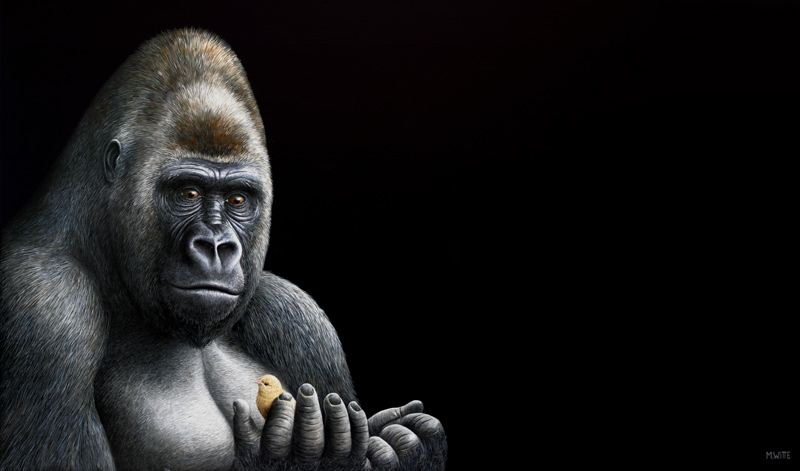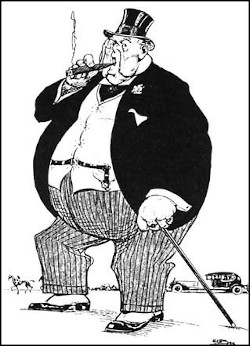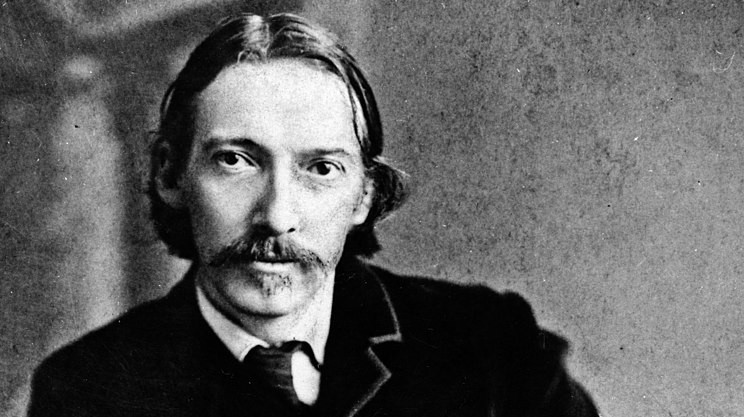“At one time [Beau] Brummell ate no vegetables, and being asked by a lady if he had ever eaten any in his life said, ‘Yes, madam, I once ate a pea.'”
— William Hardcastle Browne, Witty Sayings by Witty People, 1878
“At one time [Beau] Brummell ate no vegetables, and being asked by a lady if he had ever eaten any in his life said, ‘Yes, madam, I once ate a pea.'”
— William Hardcastle Browne, Witty Sayings by Witty People, 1878

“A multitude of books confuses the mind. Accordingly, since you cannot read all the books which you may possess, it is enough to possess only as many books as you can read.” — Seneca, Moral Letters to Lucilius

“The more you learn about the dignity of the gorilla, the more you want to avoid people.” — Dian Fossey
“We become innocent when we are unfortunate.” — La Fontaine

“It tires me to talk to rich men. You expect a man of millions, the head of a great industry, to be a man worth hearing; but as a rule they don’t know anything outside their own businesses.” — Theodore Roosevelt

“Whoopee! Man, that may have been a small one for Neil, but that’s a long one for me!” — Pete Conrad, after becoming the third human to set foot on the moon

“There is but one art — to omit! O if I knew how to omit, I would ask no other knowledge. A man who knew how to omit would make an Iliad of a daily paper.” — Robert Louis Stevenson, letter to a cousin, Oct. 30, 1883

“A little boy and a little girl were looking at a picture of Adam and Eve. ‘Which is Adam and which is Eve?’ said one. ‘I do not know,’ said the other, ‘but I could tell if they had their clothes on.'” — Samuel Butler, Notebooks, 1912

“If I were going to construct a God I would furnish Him with some ways and qualities and characteristics which the Present (Bible) One lacks. … He would spend some of His eternities in trying to forgive Himself for making man unhappy when He could have made him happy with the same effort and He would spend the rest of them in studying astronomy.” — Mark Twain
“Belief in progress doesn’t mean belief in progress that has already occurred. That would not require belief.” — Kafka